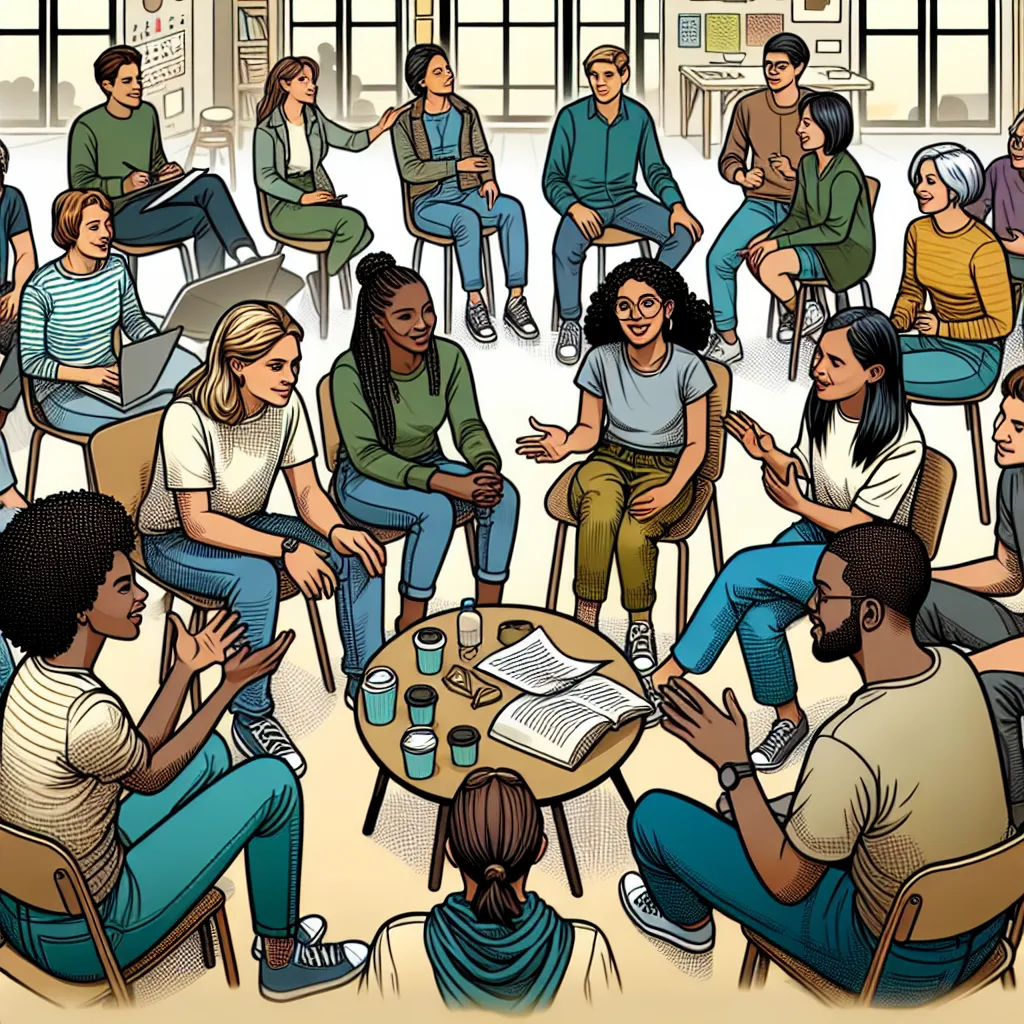Ask AI on The Internet
Question: Discuss how the bystander effect played a role in the military personnel that were involved in Abu Ghraib. Although the military personnel were considered normal people, how did the bystander effect influence them to commit heinous acts?
The bystander effect refers to the social psychological phenomenon where individuals are less likely to help a victim when other people are present, often because they believe someone else will intervene. It often causes people to displace responsibility, resulting in inaction. In the context of Abu Ghraib, a former U.S. Army detention center in Iraq where considerable human rights violations were reported, the bystander effect indeed played a significant role among the Military Police personnel involved. Despite being normal individuals under normal circumstances, they were implicated in the abuse and torture of prisoners. This can partially be attributed to a combination of the bystander effect and a phenomenon labeled as “diffusion of responsibility”. These military personnel possibly believed that they were not directly accountable for their actions as they were following orders from their superiors, this sense of diffusion of responsibility made it easier for them to engage in such acts. Added to this, they might have thought others around them would intervene if their actions were wrong, which is essentially what bystander effect suggests. Coupled with this, the deindividuation resulting from being a part of a large group, such as the military, may have enabled them to lose their sense of individuality and moral judgement, causing a loss of self-awareness and increasing likelihood of unpredictable behavior that contradicts personal norms. In such tense, chaotic, and unclear situations like in Abu Ghraib, the establishment of a clear chain of responsibility and firm leadership is essential to prevent such acts. It's important to regularly reinforce expectations of conduct and ethics, especially in military environments. Regular psychological support and voicing concerns should also be encouraged. However, it's crucial to understand that while the bystander effect and diffusion of responsibility may provide some explanation, they do not justify or excuse these actions. The military personnel involved were still accountable for their individual actions and decisions.
A new large language model has been made available since this question was asked.
To generate an updated answer from the new model, click the button below.
Think your answer is better than the AI's? Post it below.
Other Most Relevant Posts:
 The Bystander Effect at Abu Ghraib: Unveiling the Psychology Behind Normal People Committing Heinous Acts
The Bystander Effect at Abu Ghraib: Unveiling the Psychology Behind Normal People Committing Heinous Acts
 The Bystander Effect in Abu Ghraib: Exploring the Influence on Normal Individuals to Commit Atrocities
The Bystander Effect in Abu Ghraib: Exploring the Influence on Normal Individuals to Commit Atrocities
Question Tags
If you want your question answered by an AI, click here.





Post your own comment: